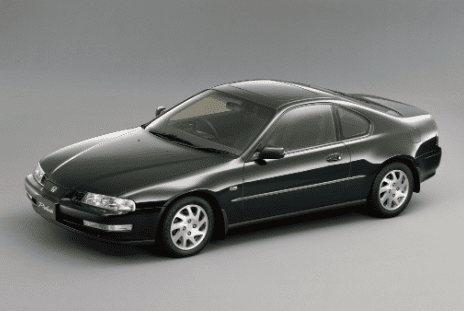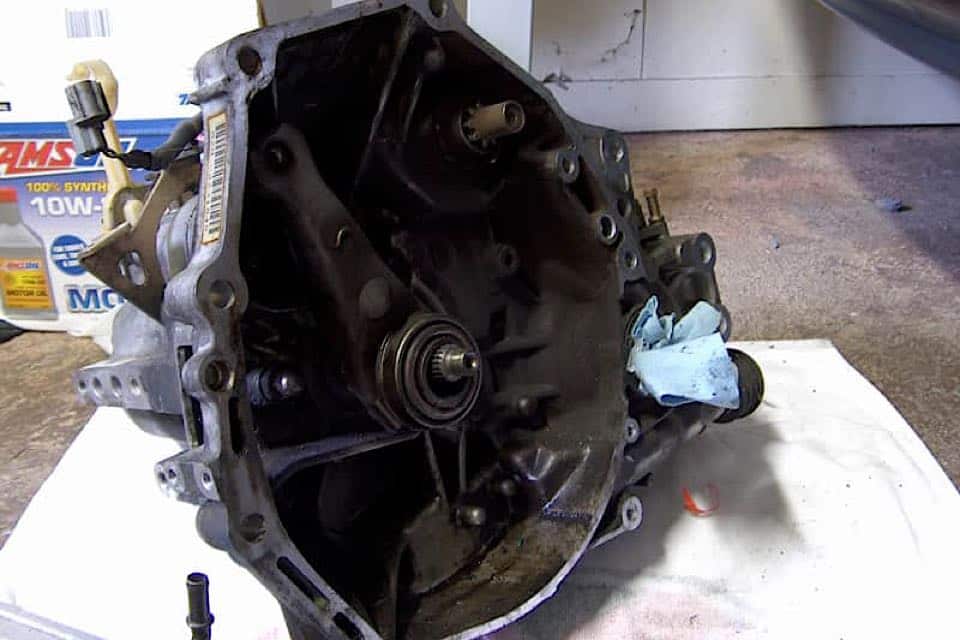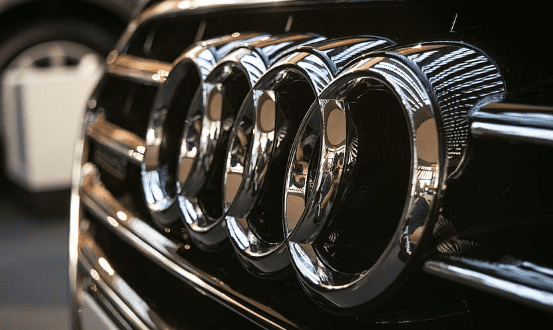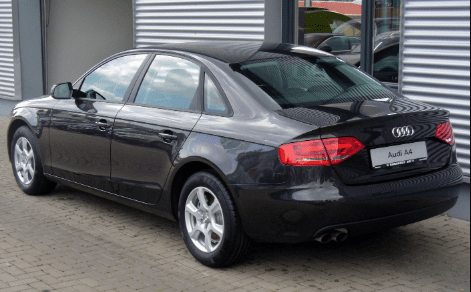Honda Prelude Automatic Transmission Problems
Last Updated on October 9, 2023 by Robert Wilson
The Prelude was one of Honda’s first sports coupes and it quickly gained a following among young drivers.
But many Preludes were equipped with automatic transmissions, and these have proven to be troublesome over the years.
Here is some information about the most common transmission problems in the Honda Prelude:
One of the most common transmission problems is slipping. This can happen when your car is trying to shift gears.
The engine revs up, but the car doesn’t move as quickly as it should.
Slipping can also happen when you’re driving at high speeds and then suddenly slow down.
Another common problem is hard shifting. This happens when your car has trouble shifting gears, or it feels like it’s grinding when it shifts.
Hard shifting can be caused by low fluid levels, dirty fluid, or a problem with the clutch or other parts of the transmission.
Most Common Issues: Honda Prelude
Here are some common problems with Honda Preludes and their solutions:

| Problem | Affected Models | Difficulty Level | Part Required |
|---|---|---|---|
| Knocking Sunroof | All 4th Gen Models | 1 | Lubricating runners |
| Uneven Idle | All Models | 1 | Idle Control Valve |
| Sticking Clutch Pedal | All 4th Gen Models | 2 | Brake Master Cylinder |
| Weak Low Beam Headlights | 5th Generation Models | 1 | Xenon HID Bulb |
| Non-Functioning Gearbox | 1997-2001 Automatics | 4 | Gearbox Transmission Automatic |
| Pulsing Brake Pedal | All Models | 2 | Brake Disc |
| Brake Light Is On | All Models | 2 | Brake Master Cylinder Reservoir |
| Rough Engine | All Models | 1 | Oxygen Sensor |
| Warm AC | All Models | 1 | Radiator Fan Motor |
| 5th Gear Grind | All Models | 3 | 5th Gear and related parts |
| Whining From Engine | All Models | 2 | Alternator |
| Steering Warning Light | All Models | 3 | Sensor Adjustment or ECU |
| Problems with the Speedo | All Models | 3 | Speedo Sensor |
| Oil Leak or Gear Changing Problems | All Models | 3 | Driveshaft Oil Seal |
| Rust around Wheel Arches | All Models | 3 | Rust Repair |
| Stalling | All Models | 2 | Ignition System |
Note: These solutions are provided as general guidelines. Specific diagnosis and repairs may vary.
If you encounter any of these issues with your Honda Prelude, it’s advisable to seek professional assistance or refer to online guides for more detailed instructions.
Honda Prelude Complaints by Model Year
| Issue Description | Model Year | Number of Complaints |
|---|---|---|
| Water in the rear seat wells and foot wells | 1998 | 3 |
| Rusted areas above rear wheels | 1992 | 2 |
| Idles too loud up and down wasting gas | 1990 | 2 |
| Slow to retract / won’t retract | 1992 | 2 |
| Loses power, stalls | 1993 | 2 |
Honda Prelude Automatic Transmission Service
Are Automatic Preludes Reliable?
If you’re in the market for a used Honda Prelude, you may be wondering about the reliability of these vehicles.
With their reputation for being sporty and fun to drive, Preludes are certainly enticing. But are they reliable?
When it comes to reliability, Preludes tend to fare quite well. In fact, many owners report that their Preludes are still going strong after years of ownership.
Of course, like any vehicle, there can be issues from time to time.
What Parts Break the Most in Honda Prelude?
| Component | Number of Complaints |
|---|---|
| Engine | 11 |
| Electrical | 10 |
| Body | 7 |
| Transmission | 7 |
| Airbags & Seat Belts | 3 |
This table shows the number of complaints for each major component that tends to break the most.
But overall, Preludes are considered to be reliable cars. One potential issue that some owners have reported is with the automatic transmission.
While manual transmissions are typically very reliable, automatics can sometimes be less so.
If you’re considering a used Prelude with an automatic transmission, that’s fun to drive and relatively reliable, a Honda Prelude should definitely be on your list!
Honda Prelude Years to Avoid
| Model Year | Worst Issues Description | Number of Complaints |
|---|---|---|
| 1992 | Rusted areas above rear wheels | 24 |
| 1998 | Water in the rear seat wells and foot wells | 5 |
| 1993 | Loses power, stalls | 4 |
| 1990 | Idles too loud up and down wasting gas | 3 |
| 1991 | – | 3 |
Why Do Honda Automatic Transmissions Fail?
One of the most common issues with Honda automatic transmissions is that they tend to fail prematurely.
There are a number of reasons why this might happen, but the most likely culprit is simply wear and tear.

Over time, the parts in an automatic transmission can start to break down and degrade, eventually leading to a failure.
Another potential cause of Honda automatic transmission failure is improper maintenance.
If you don’t regularly service your transmission and change the fluid as recommended by the manufacturer, it can start to break down prematurely.
This is especially true if you drive in stop-and-go traffic or in other demanding conditions.
Last but not least, another possible reason for automatic transmission failure in Honda vehicles is simply manufacturing defects.
In some cases, parts may not be up to par and could break down sooner than expected.
2000 Honda Prelude Automatic Transmission Problems
As a result of the 2000 Honda Prelude’s automatic transmission problems, many drivers have had to deal with costly repairs.
In some cases, the entire transmission needs to be replaced. These issues have been well-documented, and Honda has issued a recall for affected vehicles.
If you own a 2000 Honda Prelude with an automatic transmission, it’s important to be aware of these problems and what your options are.
Conclusion
Honda Prelude Automatic Transmission Problems can be caused by a few different things.
The most common cause is low transmission fluid levels. If the fluid level is too low, it can cause the gears to grind and eventually fail.
Another common cause of automatic transmission problems is a bad torque converter. The torque converter is what allows the engine to spin independently of the wheels.
Lastly, worn out clutch plates can also cause automatic transmission problems.
If the clutch plates are worn out, they won’t be able to grip the gears properly, which will eventually lead to slipping or stalling.




